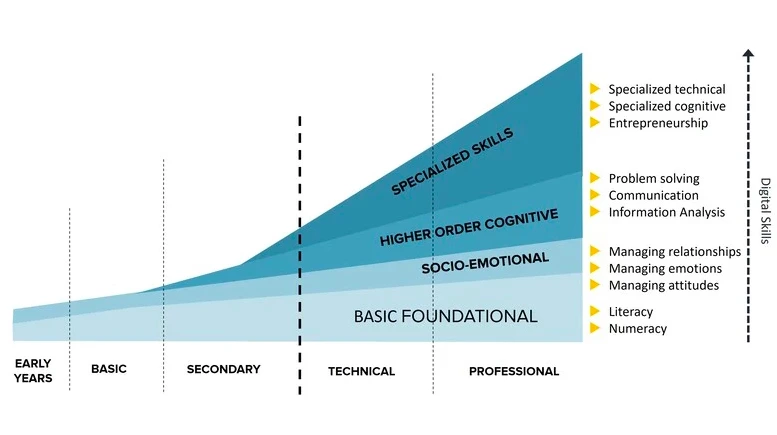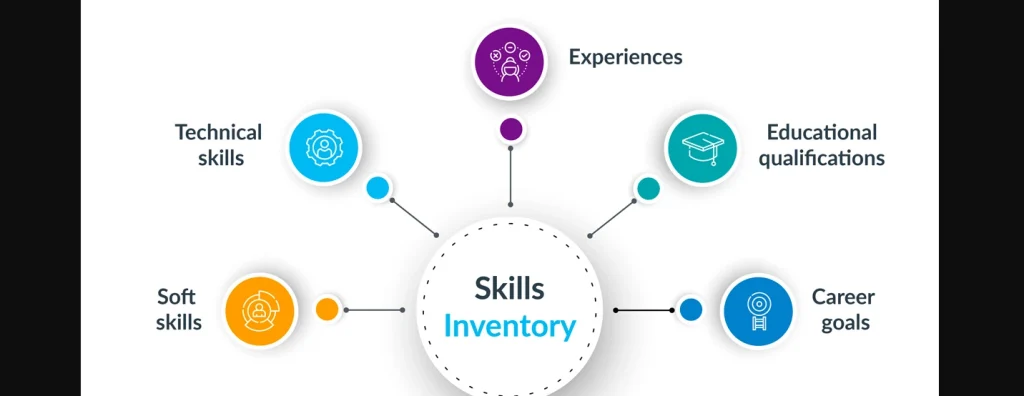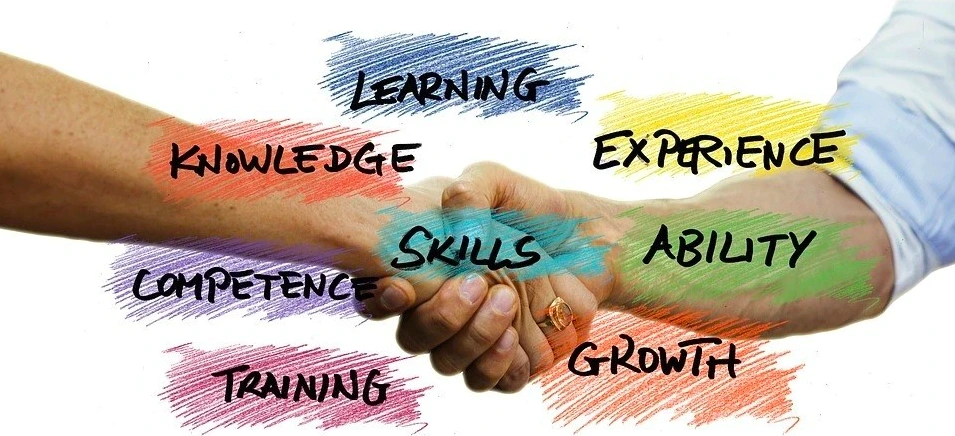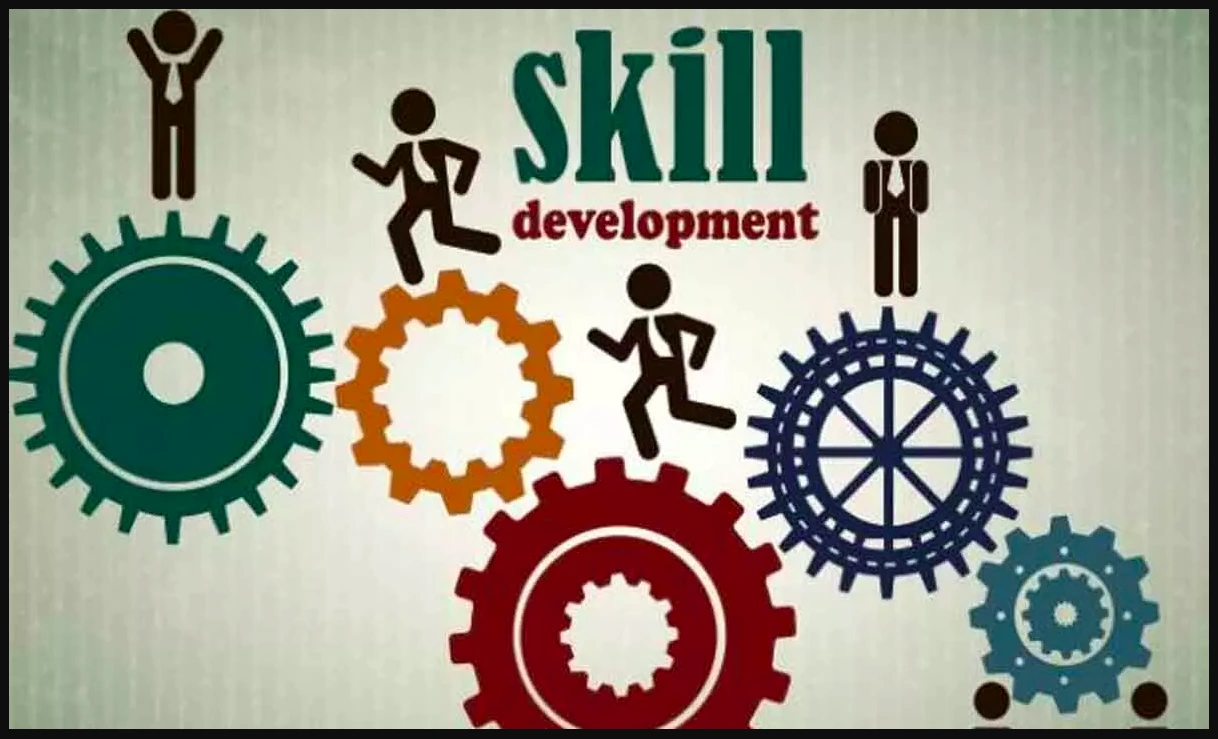The idea of skill development holds that education should be customised to give pupils particular skills. It is about imparting knowledge and abilities that are immediately useful in the workplace.
Education has expanded beyond the traditional confines of textbooks and classrooms in a world that is changing quickly. The value of skill development in today’s world cannot be emphasised. Globalisation, economic competitiveness, and technology breakthroughs have ushered in an era where skill development is essential to education for both individuals and nations.
90% of job openings require the young person to have some sort of vocational skill. However, a lack of skills makes it difficult for young people to land the job of their dreams. Career advancement depends on education for skill development. Through the acquisition of real-world knowledge and practical skills, it equips students for a variety of technical and skill trades.
What is Skill Development?
The ability to apply one’s knowledge for execution is the definition of skills according to dictionaries. And the goal of skills development is to give students employable skills. Development of these core competencies, make them more marketable to employers.
The Need for Skill Development
These days, the most important requirement for job seekers is skills. It is true that developing and refining skills is imperative. And not just in India, but everywhere in the world.
Learning for skill development may involve:
- Vocational training, which equips individuals for employment as technicians, tradespeople, or artisans,
- Education that pertains to professional skills is known as skill education.
- Learning that is based on skills and competencies that are applicable to real-world circumstances is known as education for learning.
According to the World Bank, workers in the twenty-first century need to possess a wide range of skills, such as:

The world is recognising the value of education. Unfortunately, many countries’ working populations still do not meet these necessary standards.
Importance of Skill Development in Education
These days, students benefit greatly from skill-building education and see it as important in the following ways:
Fostering Life Skills
In addition to achieving regular academic success, our students also require life skills education. As we’ve already seen, a skill-based education directly affects one’s chances for the future. Additionally, a student’s life is greatly enhanced by life skills. Since they provide them with the attributes necessary to succeed in both their personal and professional lives.
Encourages Holistic Development
In many ways, skill development in education aids in a student’s overall development. Students are better able to recognise their unique strengths and shortcomings in this way. Additionally strengthens their ability to apply newly acquired knowledge to practical circumstances. Skill Development enhances a person’s ability to think critically and solve problems.
Bridging the Gap
The main goal of education is to equip people with the skills they need for a rewarding career. But conventional teaching approaches frequently fail to equip students with the real-world knowledge and abilities needed to succeed in the workforce. Skill development fills this gap. This guarantees that students gain the competencies and abilities necessary to succeed in their chosen fields in addition to theoretical knowledge.
Self-Reliance
The assistance provided in cultivating leadership traits is the next benefit that demonstrates the significance of skill development in education. It is a route to independence and self-determination. It encourages students to be good team players, teaches them organisation skills, and helps them learn the art of active listening. For one’s mental and physical health, this feeling of independence and autonomy is crucial.
Inculcating Innovation and Creativity
Numerous abilities, like creativity, critical thinking, and problem-solving, are not only important in the workplace but also essential for advancement and innovation. These abilities are fostered by education for skill development. This empowers people to think critically, solve problems creatively, and advance society.

Read more: LIFE SKILLS: AN ULTIMATE PATH TO PERSONAL GROWTH
Importance of Skill Development in School Curriculum
At the school level, skill development aids in laying a solid foundation for students. In order to adequately prepare students for the stresses and demands of the demanding world of today, education and skill development go hand in hand. Students gain from skill development in the following ways:
- It enhances leadership abilities, confidence, and self-worth.
- It supports students’ future planning and helps them develop into independent thinkers.
- They gain independence in handling problems and circumstances.
- It facilitates students’ exploration and learning of subjects not covered in textbooks.
- Skill Development provides them with the independence to think for themselves and make decisions at a young age.
- It builds assertiveness, creativity, inquisitiveness, sympathy, team spirit, and trustworthiness in students.
Ways to Integrate Skill Development in the Current Education System
1. Elements of NPE 2020
National Policy of Education 2020 aims to create an educational ecosystem capable of equipping our students for the demands of the global labour market in the future. NPE 2020 foresees a significant takeover of low-skilled jobs by big data, machine learning, artificial intelligence, etc. Top traditional and online schools are already offering courses and subjects like Computer Education and Environmental Education, etc., in keeping with this futuristic vision.
Source: National Education Policy 2020
2. Including Technology in Education
As most of us already know, the ability to customise a student’s education to meet his or her specific needs is the greatest benefit of online learning. Students benefit from developing skills based on their personality types thanks to this. and ultimately helps them to pursue their aptitude in accordance with their preferences. Information and communications technology, or ICT, produces an ideal framework that encourages skill-building education. because it enables students to experience more independence.
3. Putting Students First in the Classroom
Putting the learner at the centre of our classroom revolution is another powerful strategy. This means that we need to prioritise relevant education that encourages experiential learning in our curriculum planning, modules, resources, repositories, and training opportunities.

Final Words
In today’s world, skill development has become increasingly important. Skill development has emerged as a crucial component of education due to the need to empower the youth, enhance their employment opportunities, and boost the national economy.
It is becoming a part of the curriculum in schools, which previously prioritised academics. To increase their chances of a better future, however, the emphasis is now also on teaching life skills to schoolchildren and vocational training to high school students.
Not only does skill development benefit individual students, but it also benefits the community at large. It contributes to the creation of a better world, one in which diversity and cultural differences are respected, and where imagination and creativity are given the credit they merit—all of which are necessary for a thriving community.

